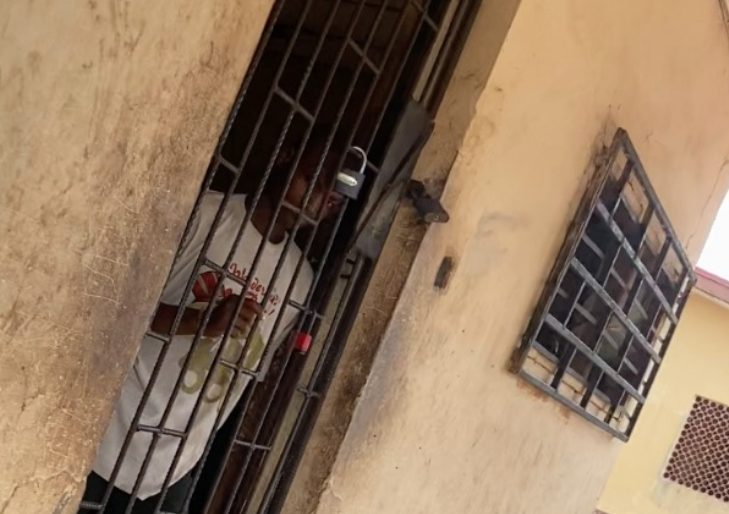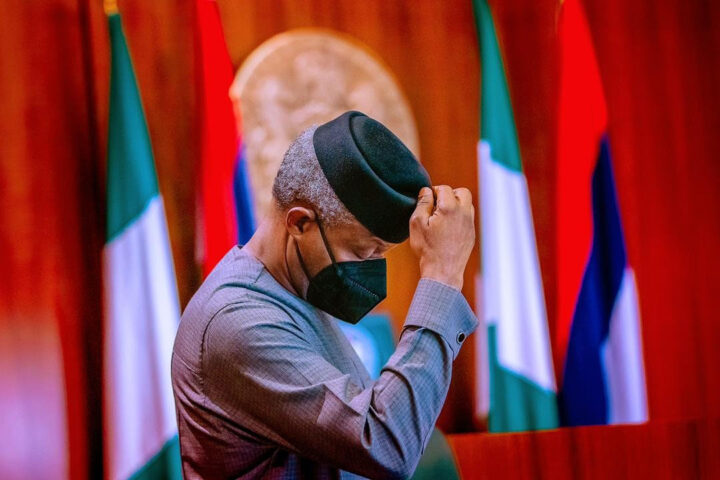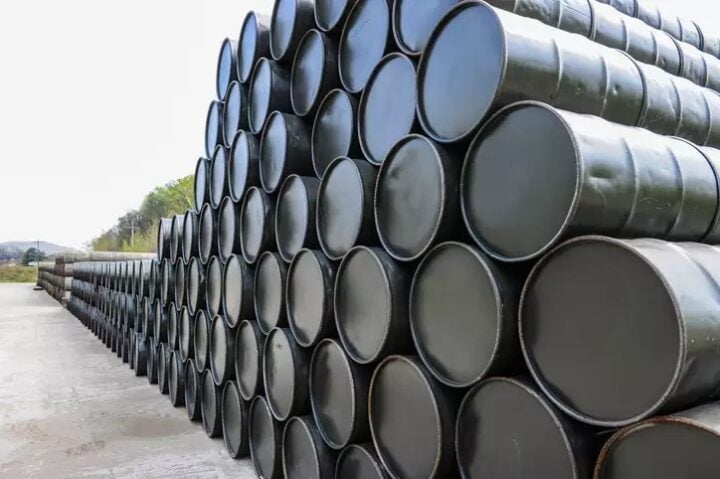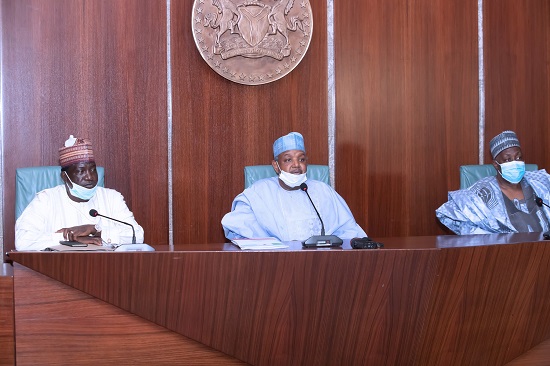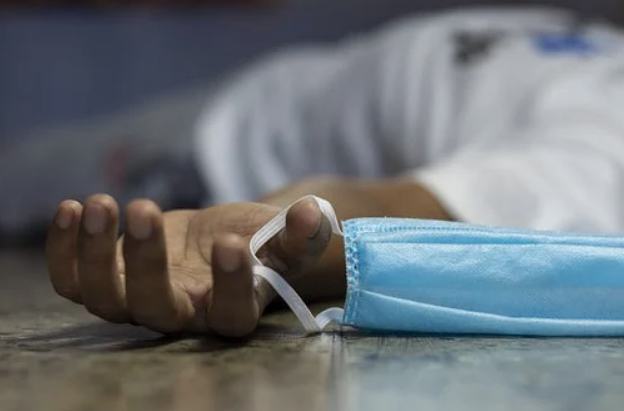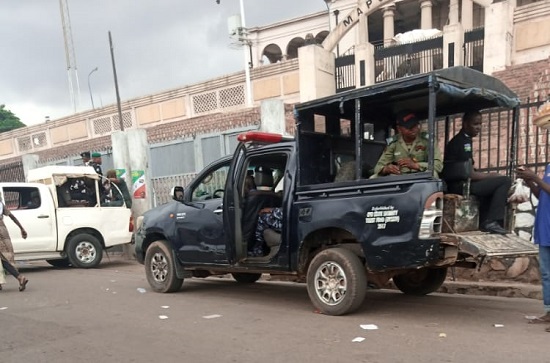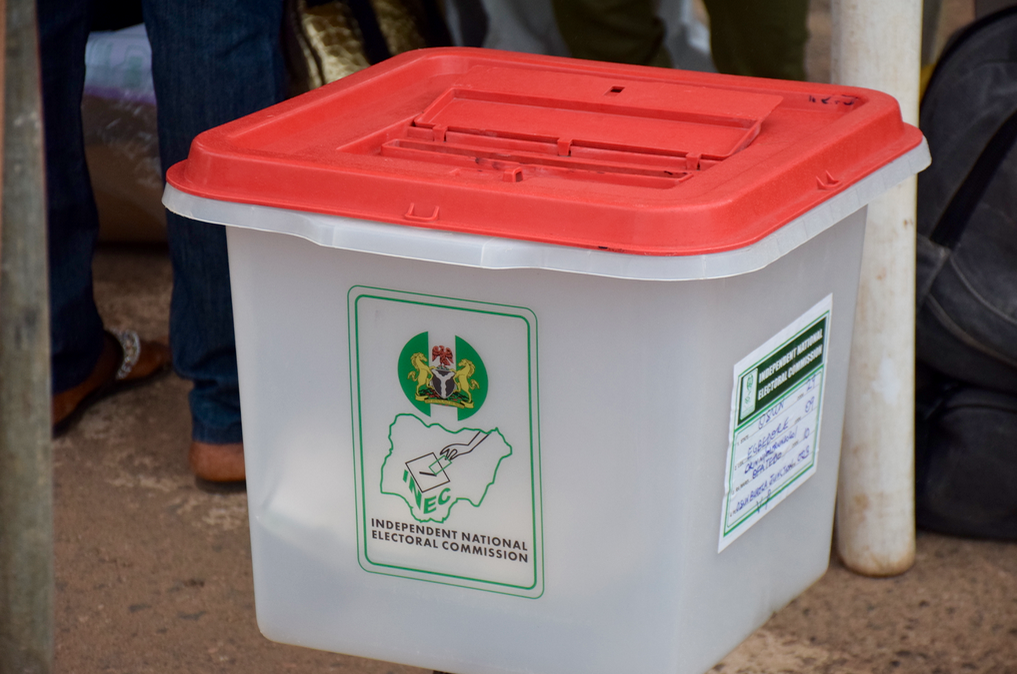When the Ondo correctional centre for children started out in a rented apartment in 1975, the goal was to house persons below the age of 18, and provide them with rehabilitation and reformation services. By the early 1990s, when it was relocated to a permanent site, the plan was to ensure that children who pass through the institution become better contributors to societal development. However, years down the line, the story has taken a disappointing turn.
As things stand now, one could almost drive past the facility without noticing it, as it is gradually getting swallowed up by nearby bushes, save for the signpost showing ‘Ondo State Children Correctional Centre’. As soon as a visitor enters the premises, the dilapidated structures provide an immediate stark reality of the neglect the home has suffered over the years.
And the occupants are not much different. Looking unkempt and gaunt, the children were found loitering around on a Saturday evening when TheCable visited.
Although the centre was originally established to cater to children who run against the law; those who need care and protection; and those beyond the control of their parents, it now admits physically challenged persons, many of whom an official classified as “destitute”. Although the centre says it does not admit anyone above the age of 18 for correctional purposes, those who bear the “destitute” tag are much older and are kept in another section at the facility.
Advertisement
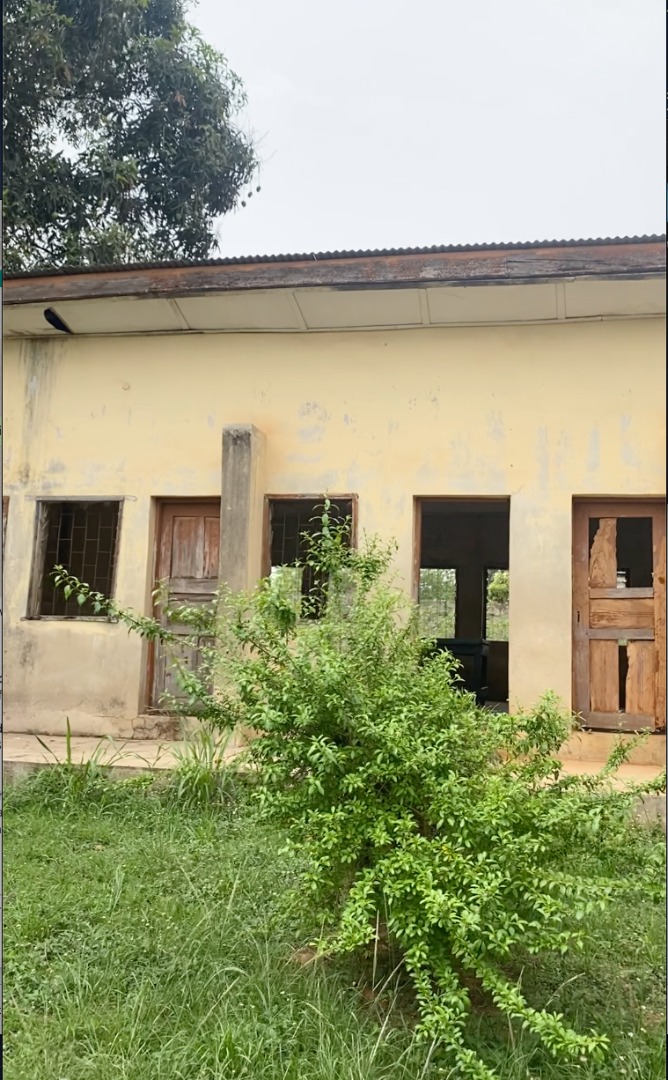
Some of the “destitute” persons were said to have been found on the streets with no one to cater for them.
“Some of them have been impregnated on the streets and they don’t even know who got them pregnant. So, they are brought here for care, while we hope to get in touch with any of their family members,” an official who didn’t want to be named said.
Advertisement
In recent times, the centre is said to have received support from private individuals, who brought “raw food items, toiletries for the girls, used clothes, and shoes”.
“Yes, the government feeds them, attends to their healthcare, but they can’t do it alone,” an official said.
Although the officials say the government has been playing its part, the reality on the ground is a far cry from the claim.
HOW CEILING COLLAPSED IN BOYS’ HOSTEL
Advertisement
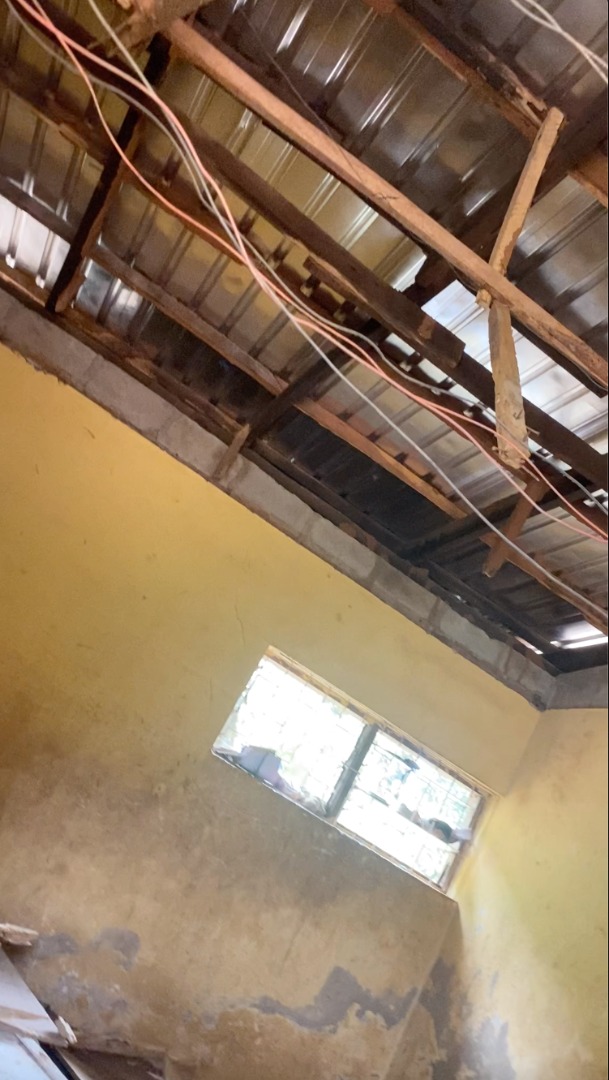
Aside from being underfed, the children at the centre are left inside buildings that are falling apart, due to lack of maintenance. On the floors of rooms serving as hostels are cracks and openings that breed all kinds of insects.
“We don’t sleep because of mosquitoes,” a girl in one of the rooms told TheCable.
In another room earlier occupied by seven boys, there was debris from a damaged ceiling. The boys were said to have escaped a near-fatal experience when the ceiling caved in as they prepared to turn in for the night.
“Thank God the boys weren’t asleep yet when the ceiling fell on them last week. It was in the night, around 9. We quickly rushed there to pull out those trapped,” a source said.
Advertisement
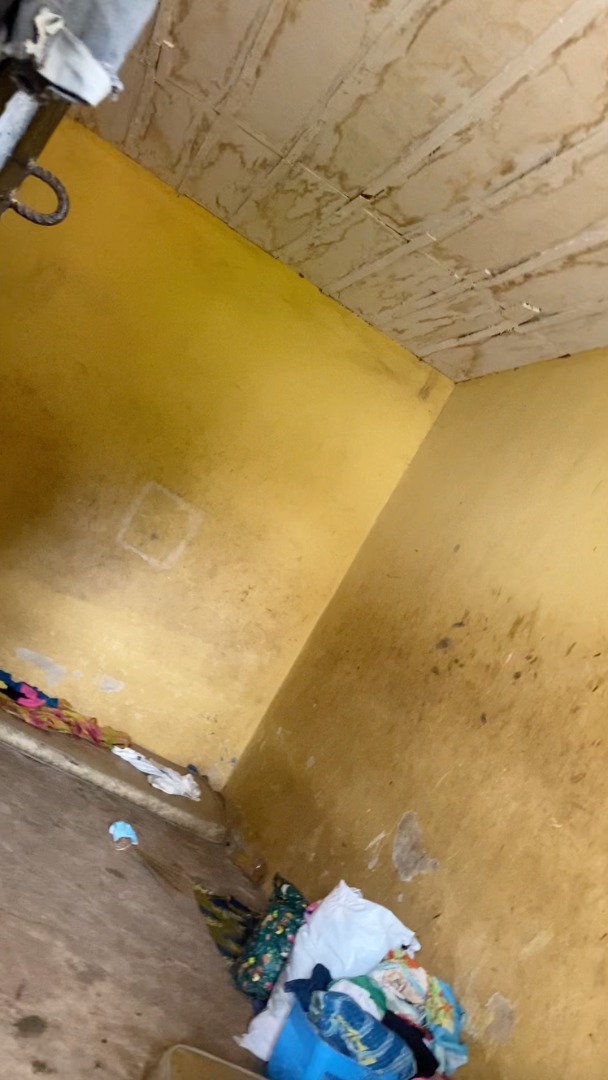
Officials complained that most of the buildings at the facility are dilapidated, adding that things could get worse if the government doesn’t intervene immediately.
SENTENCED, CHAINED FOR STEALING 45 BUNCHES OF PLANTAIN
Advertisement
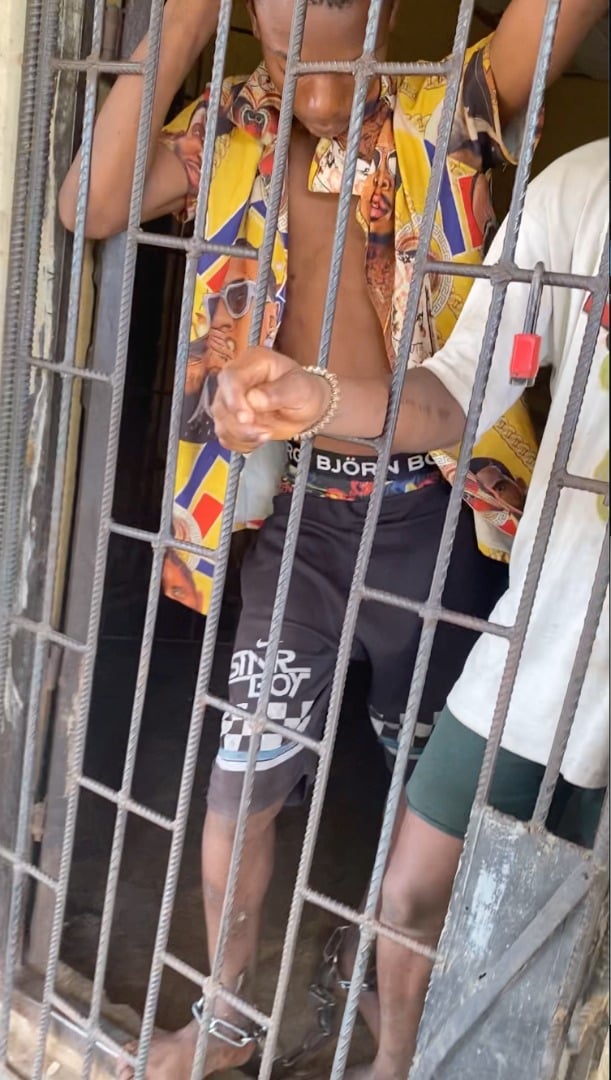
The methods used in correcting the children at the centre leans towards the harsh side. Irrespective of the crime committed, a newly admitted person, especially if it’s a boy, is first chained and locked up in a room. The room is meant for boys with alleged criminal offences. Justifying this treatment, some of the officials said the “boys could be very stubborn”.
“When we first bring in any of them, we will first chain him and then study him for a while,” an official said.
Advertisement
In the room was a boy who was just brought in from Ifon, a town in Osun state. He had chains on his legs. TheCable understands that he was sentenced by a magistrate for “stealing 45 bunches of plantain”. He had planned to sell them before he was caught. He will be in chains until the officials are satisfied with his conduct, after which he will be allowed a little freedom. It could be a matter of days, or sometimes months.
“In fact, one time, we unchained a boy and allowed him to come outside to the field. The boy sneaked through to the fence, jumped out and ran away. We have not seen him since then,” another official said.
Advertisement
Like the boys, a girl was also chained and isolated in one of the female rooms. She appeared to be mentally challenged and was said to have been climbing through the ceiling before the officials intervened.
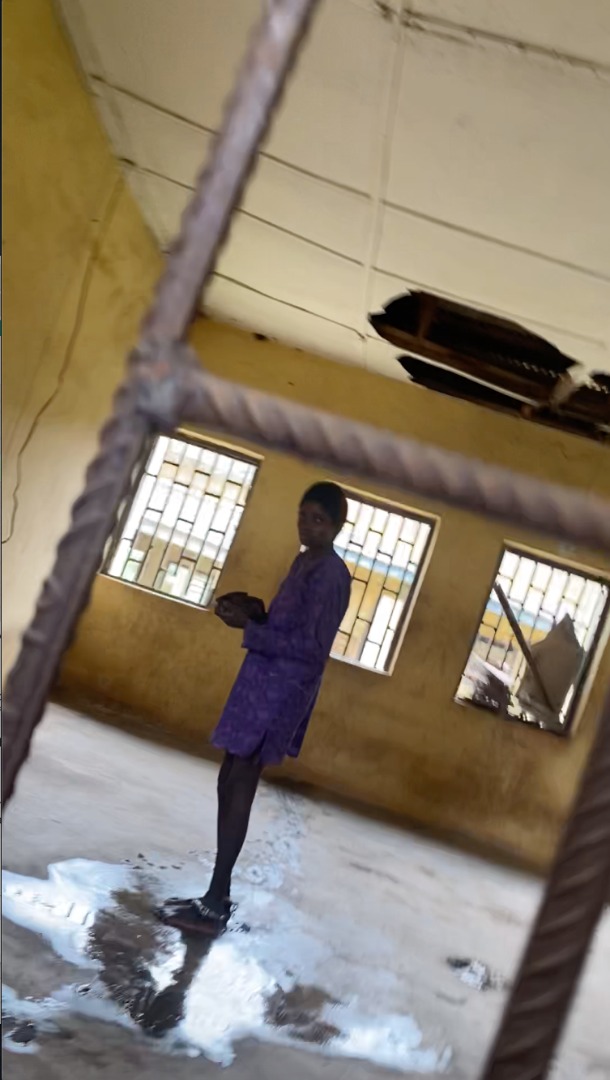
‘WE HAVE NOT EATEN’
Despite the supposed effort of the government, the occupants of the facility — about 50 of them — look poorly fed and emaciated. Children and adults all looked sick, especially those at the female section marked out for destitute persons. To underscore the feeding issues, the women and girls always rush towards visitors at the facility to plead for food or money.
“Please, give me N50 to buy garri,” one of the women begged as soon as she spotted TheCable’s reporter.
“We have not eaten today; we have been waiting all day for lunch,” she added.
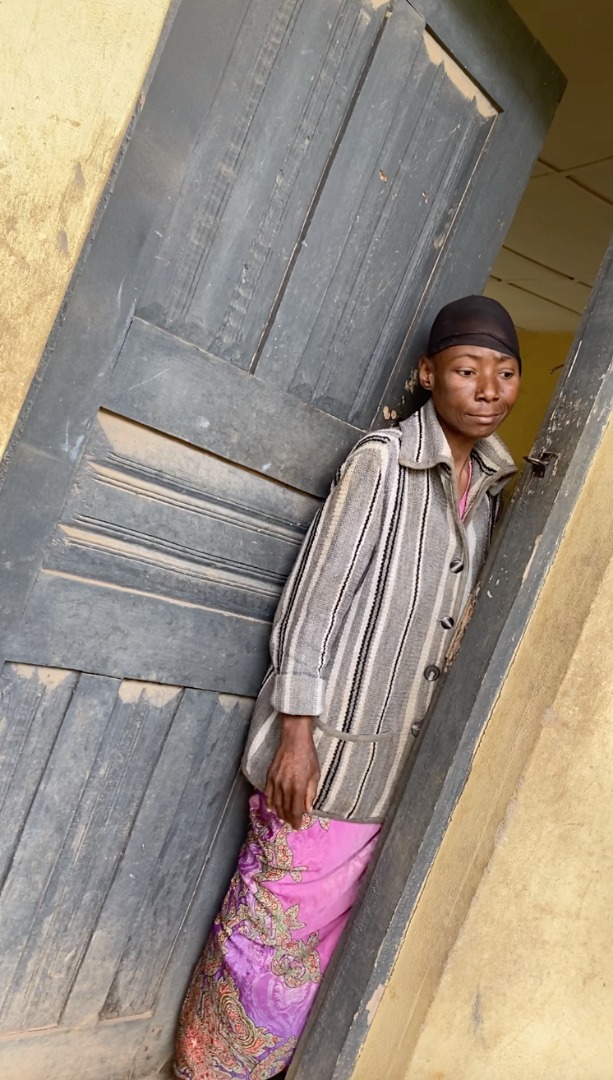
Another woman in a nearby room, upon seeing the reporter, also pleaded to be allowed to “go home to eat”. Officials, however, said they ensure that all of them are fed thrice daily — a claim debunked by the inmates.
N12M FEEDING BUDGET
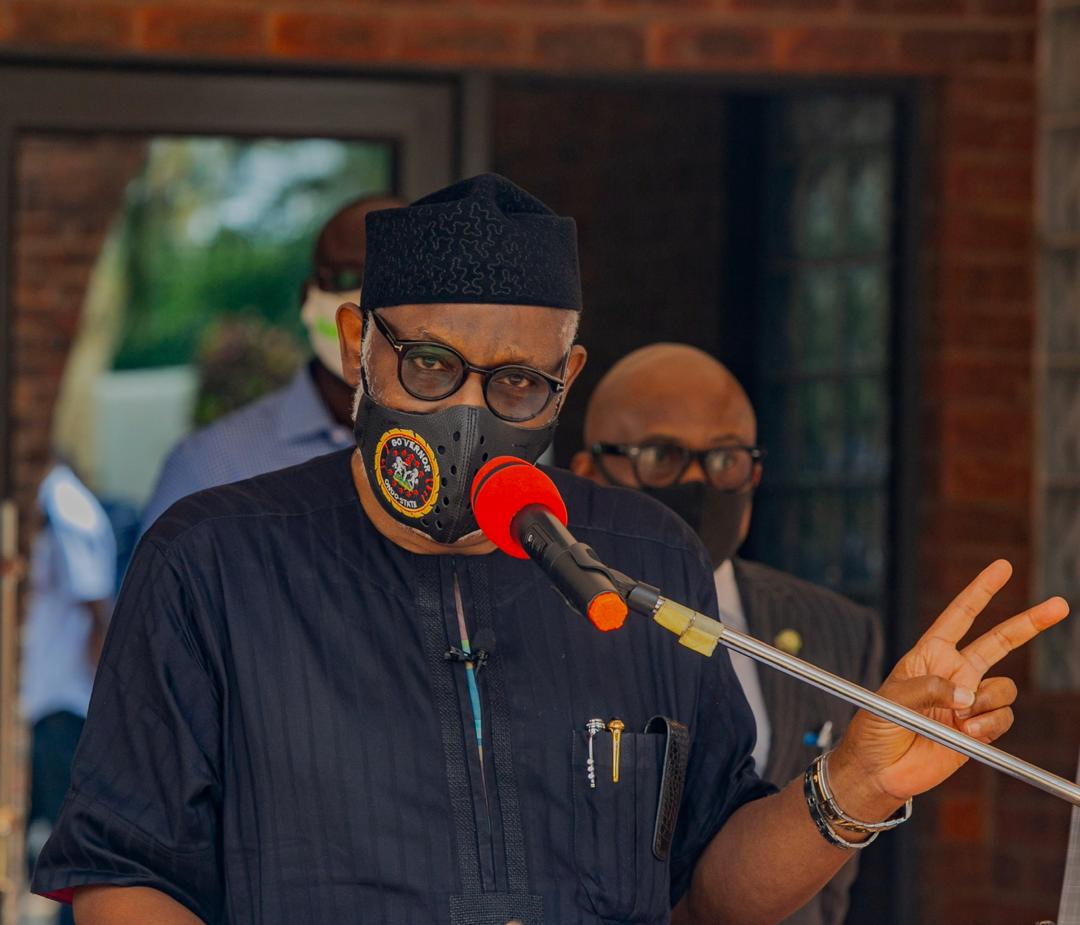
In 2018, the Ondo government approved N12 million for feeding and maintenance of the children in the remand home. The same amount was also approved in 2019. From 2017 to 2018, the sum of N4 million was approved by the state government for the purchase of uniforms, sandals, furniture and beddings for the inmates. Although officials say they have food items inside the store, TheCable could not verify this claim.
In 2018, Sola Aladesuyi, director of social welfare at the Ondo ministry of women affairs and social development, had said the centre was facing some challenges, including deplorable structures, lack of basic social amenities as well as legal and institutional frameworks. He had also decried the lack of adequate workers and necessary training facilities and called on the state government for more support.
Three years later, the government appears to have done little to address the situation.
S.A. Saromi, director of social welfare in Ondo state, did not comment on the situation at the correctional centre despite being repeatedly contacted by TheCable.
This is a special investigative project by Cable Newspaper Journalism Foundation (CNJF) in partnership with TheCable, supported by the MacArthur Foundation. Published materials are not views of the MacArthur Foundation.
Add a comment

